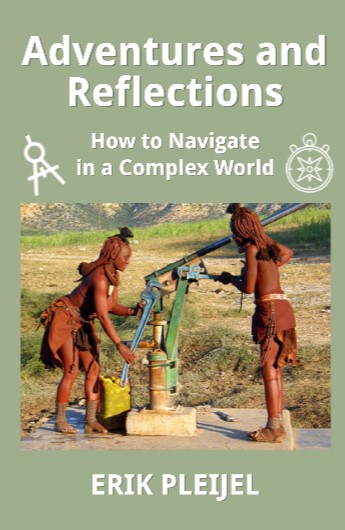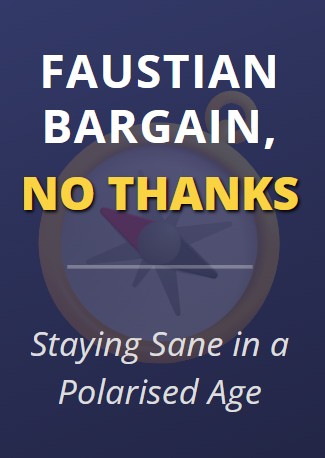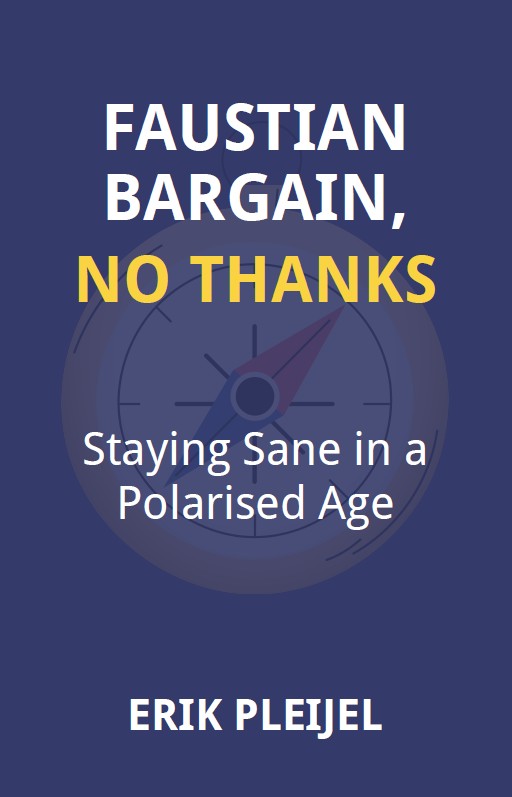A Timeless Alliance in a Stormy World
ENGLISH VERSION
Faustian Bargain: What It Means - And Why It Concerns Us All
1. What’s at Stake:
The Faustian bargain begins the moment someone says, “I’ll do anything to…” The deal might seem like a shortcut to power, success, or status. But beneath the promise lies a trap — seductive, yet ultimately enslaving.
This doesn’t just happen on a personal level — it can also unfold on a massive scale. Today, the consequences are clear and devastating. Many are drawn to the spectacle of demagogues — their charisma, their rage, their talent for sowing division and chaos. People are entertained by their shamelessness and cruelty.
In their eagerness to feel powerful, they have compromised their integrity. They do not realise that they have become prisoners of their own destructive impulses. Tug at the strings of fear, pride, or anger, and they respond like puppets. The voices of reason and compassion fall silent. What is there to gain, if the price is the soul?
2. What We Can Do:
There is a way to say “no thanks” to the bargain and hold on to your freedom and integrity. For centuries, people have turned to an ancient bulwark against this dark temptation: the seven classical virtues.
Take a few minutes to read on — and discover a timeless way to stand firm in this ever-repeating drama. You'll explore:
✦ What the seven classical virtues are.
✦ Why they matter more than ever.
✦ How they cultivate a deeper kind of strength.
Read and listen! Audio narration included. Go to this page or watch below:
Background
ABOUT ME. My name is Erik Pleijel, and I’m from Sweden. I believe theology and philosophy should offer real help and guidance in everyday life — not just remain abstract theories. My journey has involved practical work with water supply projects across Africa and Asia.
I share that story in my book Adventures and Reflections — combining life experience with the lessons it’s taught me.
What others have said about the book:
 In fast-moving, sometimes dramatic texts , he takes us to genocidal Rwanda, civil war Sri Lanka and an absurdly closed North Korea. ... But he is not an ordinary technology nerd, rather a humanist, philosopher and theologian. Who thrives on human diversity, listens, learns, reflects and tries to empathise with the history and identity of other individuals and cultures. ... [Swedish prime minister], give this book to your ... minister for international development ...!
In fast-moving, sometimes dramatic texts , he takes us to genocidal Rwanda, civil war Sri Lanka and an absurdly closed North Korea. ... But he is not an ordinary technology nerd, rather a humanist, philosopher and theologian. Who thrives on human diversity, listens, learns, reflects and tries to empathise with the history and identity of other individuals and cultures. ... [Swedish prime minister], give this book to your ... minister for international development ...!
On this website
Introduction & Background
(This page.)
ErikPleijel.se/eng





